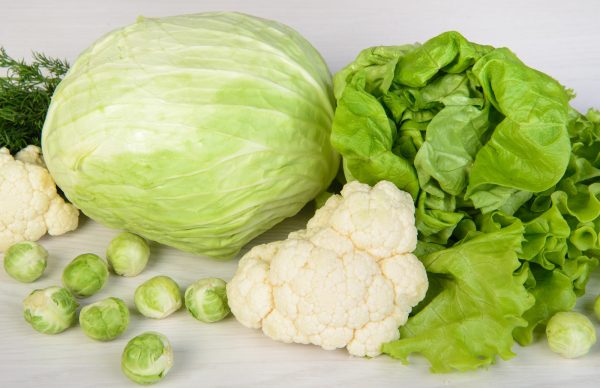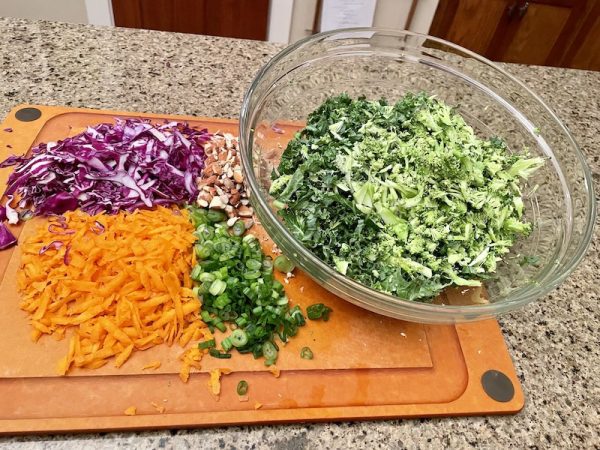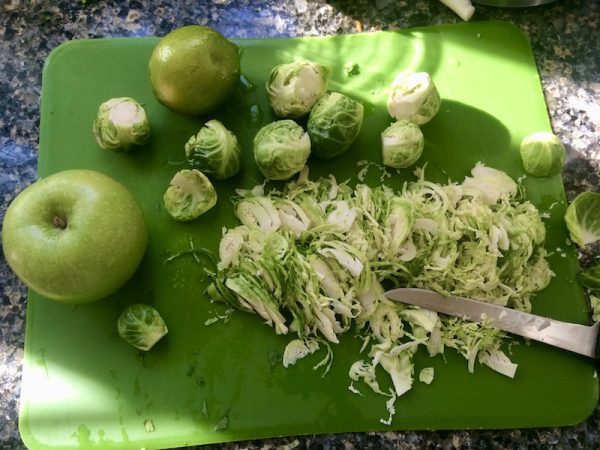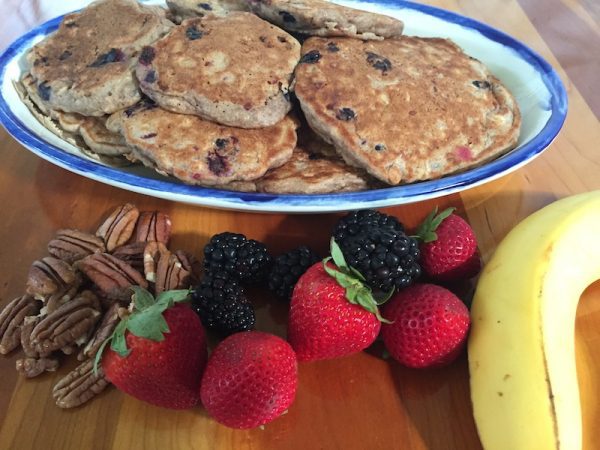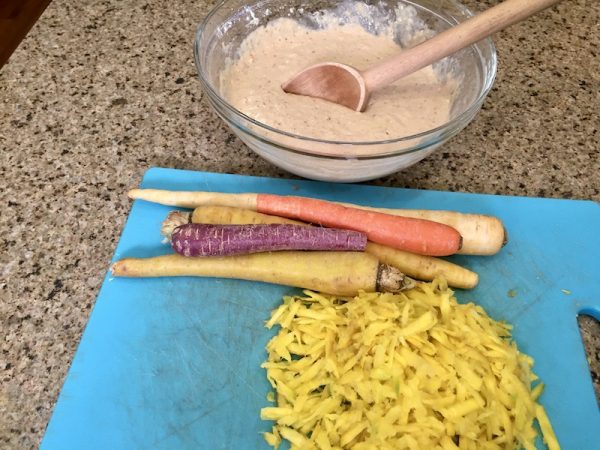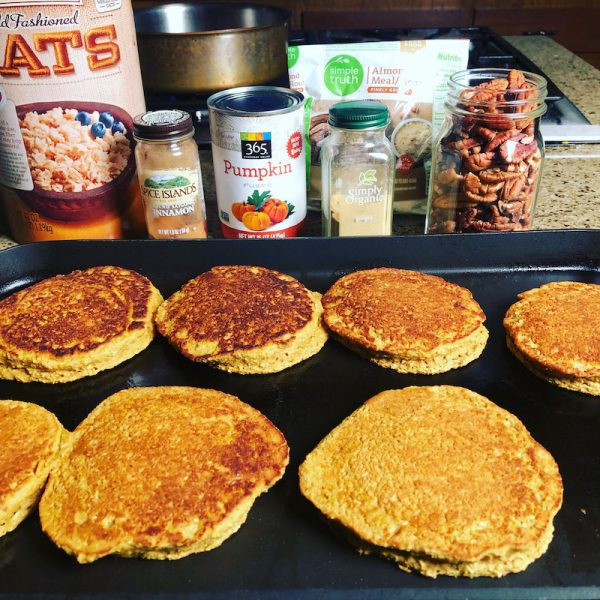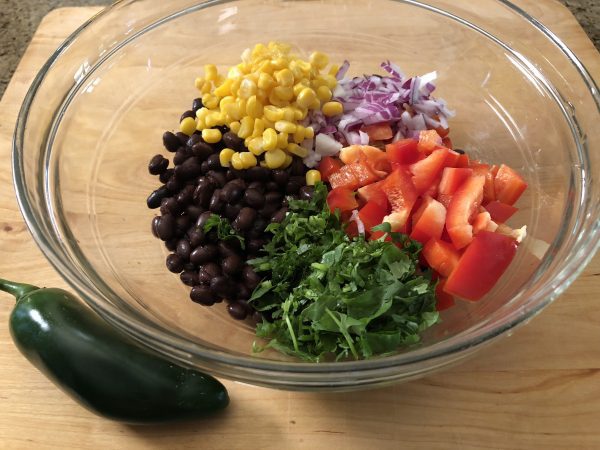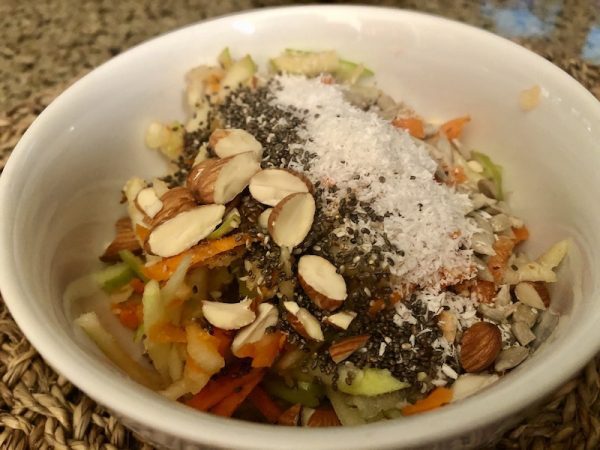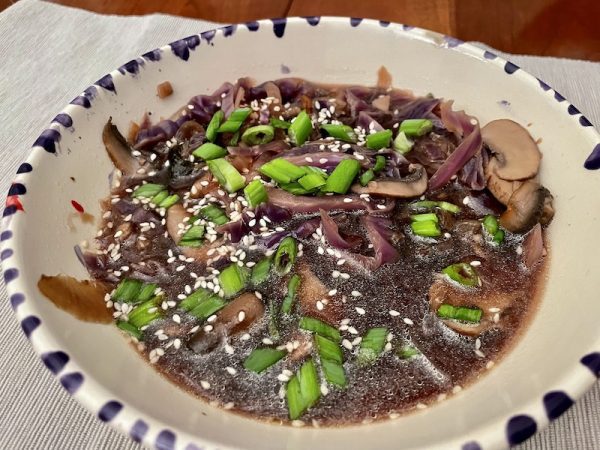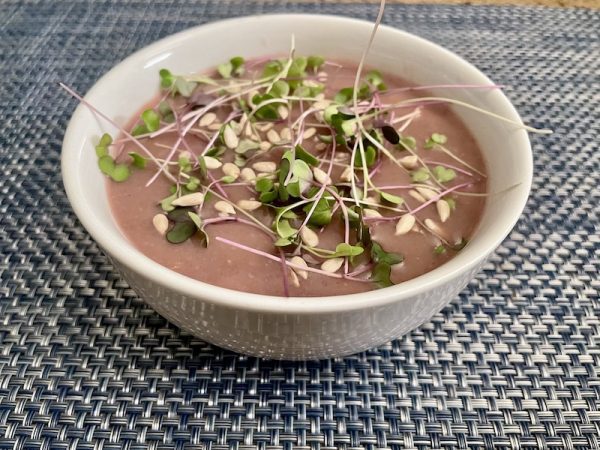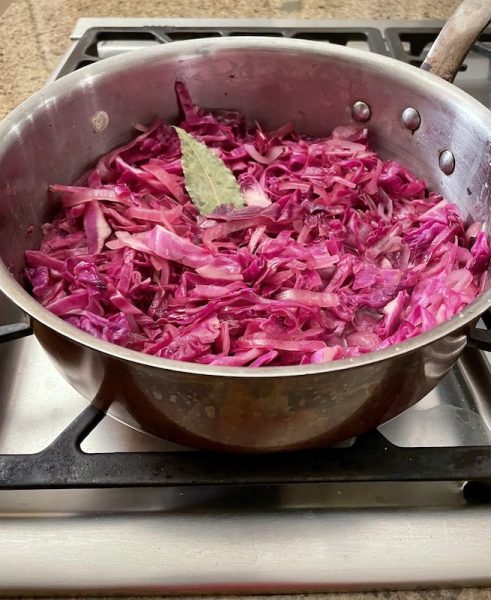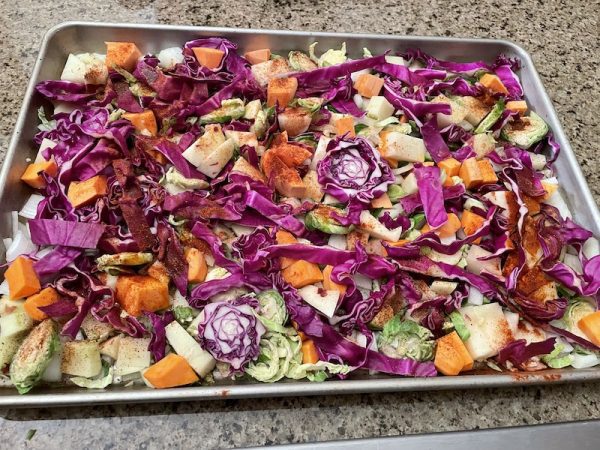Good Mood Food
Do you experience brain fog, mood swings or constant anxiety?
Eating more nutrient-dense whole foods can help balance your emotions, your mood and improve your cognitive function. Good mental health, just like physical health, depends on adequate nutrition. If you are low on a few key vitamins or minerals, you are more likely to experience issues with mood swings or anxiety. Give your brain the building blocks it needs to thrive.
[su_expanding_quote_book alignment=”right” source_author=”Drew Ramsey, MD” source_title=”Eat to Beat Depression and Anxiety” full_quote=”There are a variety of food categories that can aid in your quest for a healthier brain –and remission from depression and anxiety symptoms. They are leafy greens, rainbow fruits and veggies, seafood, meat, eggs and dairy, fermented foods, dark chocolate. Foods from these groups contain the important nutrients you need to feed the good bugs in your gut, reduce inflammation, and put your brain into grow mode. All things that can help with depression and anxiety” short_quote=”Foods from these groups contain the important nutrients you need –and can help with depression and anxiety symptoms.”]You can get brain essential nutrients in these food categories. Make greens and rainbow foods the major components of your meals.
Greens and Cruciferous Vegetables
Leafy vegetables are the most nutrient-dense (nutrients per calorie) foods on the planet. Spinach, kale, arugula, watercress, beet greens, collards, Swiss chard are all great options. Cruciferous vegetables include broccoli, cauliflower, Brussels sprouts and cabbage.
Every color in our vegetables represents a different family of phytochemicals (protective, healing chemical compounds found in plants).
Red/purple foods are especially nourishing for your brain. Berries are the rock stars for brain health, but all red/purple foods have especially powerful anti-inflammatory, antioxidant and DNA-enhancing properties that help keep your brain fighting fit.
[su_expanding_quote_book alignment=”right” source_author=”Leslie Korn” source_title=”Nutrition Essentials for Mental Health” full_quote=”There are a variety of nutrients that act as antioxidants to reduce inflammation and oxidative stress in the brain. Carotenoids found in fruits and vegetables, especially the dark leafy greens and red spectrum, are anti-inflammatory and antioxidant and they improved cognitive health. Several high fat foods like avocado or avocado oil significantly increase absorption of the carotenoids” short_quote=” There are a variety of nutrients that act as antioxidants to reduce inflammation and oxidative stress in the brain.”]Quality-sourced Protein:
- Pastured eggs: Rich in nutrients needed to build brain cells, linked to lower rates of anxiety symptoms.
- Fish and seafood: Anchovies, sardines, oysters, mussels, salmon, cod are among the most nutrient dense foods you can eat – rich in brain nutrients omega-3 fatty acids and B vitamins.
- Sustainably raised meat (beef, lamb, goat, and chicken). Loaded with essential amino acids, vital healthy fats, rich in B12 and E, vitamins, essential minerals iron, selenium, and zinc.
Essential Fats: Avocado, coconut, olives, nuts and nut butters, olives, grass-fed butter. Omega-3 fatty acids are vital to the brain. They also help you absorb the vitamins, minerals and other nutrients essential for brain health.
Fermented Foods: Kefir, yogurt, miso, sourdough, sauerkraut, kombucha and kimchi add beneficial bacteria to your system to help support brain health. These feed the good bacteria in your gut that support brain health.
Nuts, Beans and Seeds: A small serving nuts and seeds gives you a mix of plant-based protein, healthy fats and slow burning carbs, fiber, zinc, iron and essential vitamins. Think of nuts and seeds as a condiment; add to overnight oats, salads, grain bowls, curry, and meatloaf.
What to Do?
Choose the foods in these categories that you enjoy eating. Experiment and gradually add in those you’re not familiar with. Try new ways of eating foods you may think you don’t like. Here are a couple of ways to are just a few fun ways to add in more of these foods on a regular basis.
- Smoothies
- Pesto
- Bean salads
- Coleslaw
- Blender muffins and pancakes
Be mindful of what you eat. Keep a food journal for a week and jot down the foods from each category that you every day. How many colors did you get? How many plant foods? Quality protein? This about progress, not perfection. Wherever you are is ok, just build up one food, one day at a time.
Eating nutrient dense, whole foods from nature is a powerful way to care for your brain and your body.
References
Ramsey, Drew (2021). Eat to beat depression and anxiety. New York, NY: HarperWave.
Korn, Leslie (2016). Nutrition essentials for mental health. New York, NY: W.W. Norton and Company.
Learn more:
Mood Food: Nutrition for Your Brain – GBC Nutrition
20 Foods to Naturally Increase Your Brain Power – Mind Body Green
Eat to Beat Depression and Anxiety – Drew Ramsey MD
Updated – original posted August 2021

